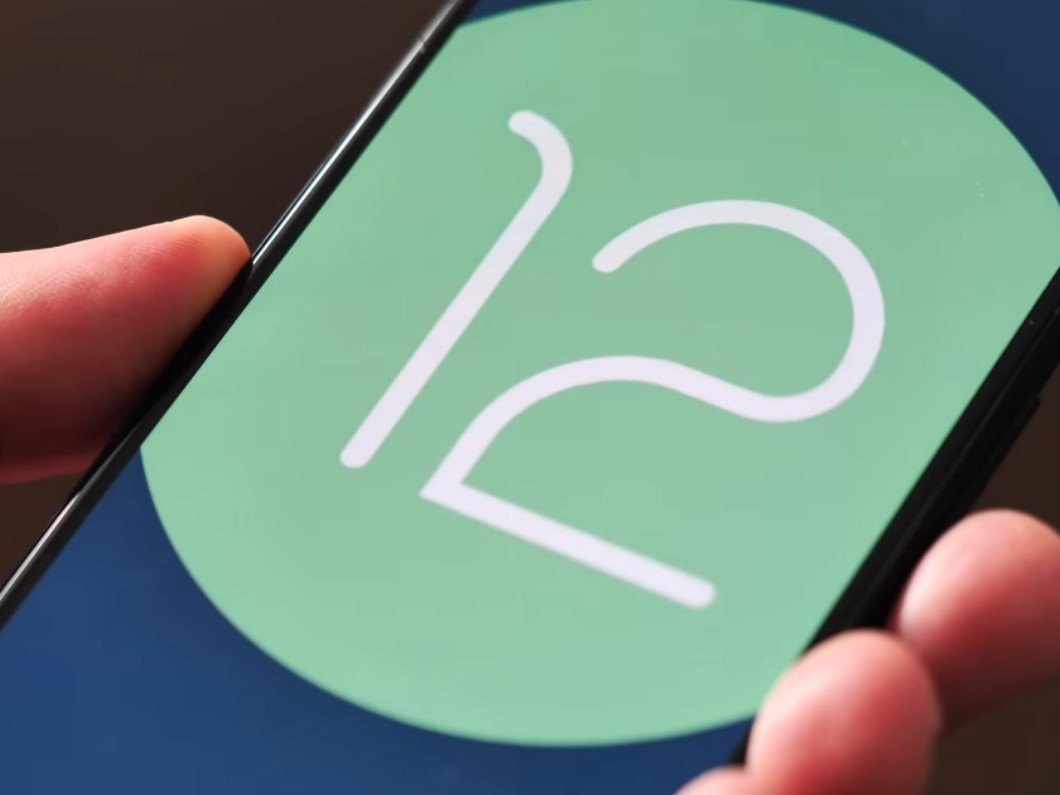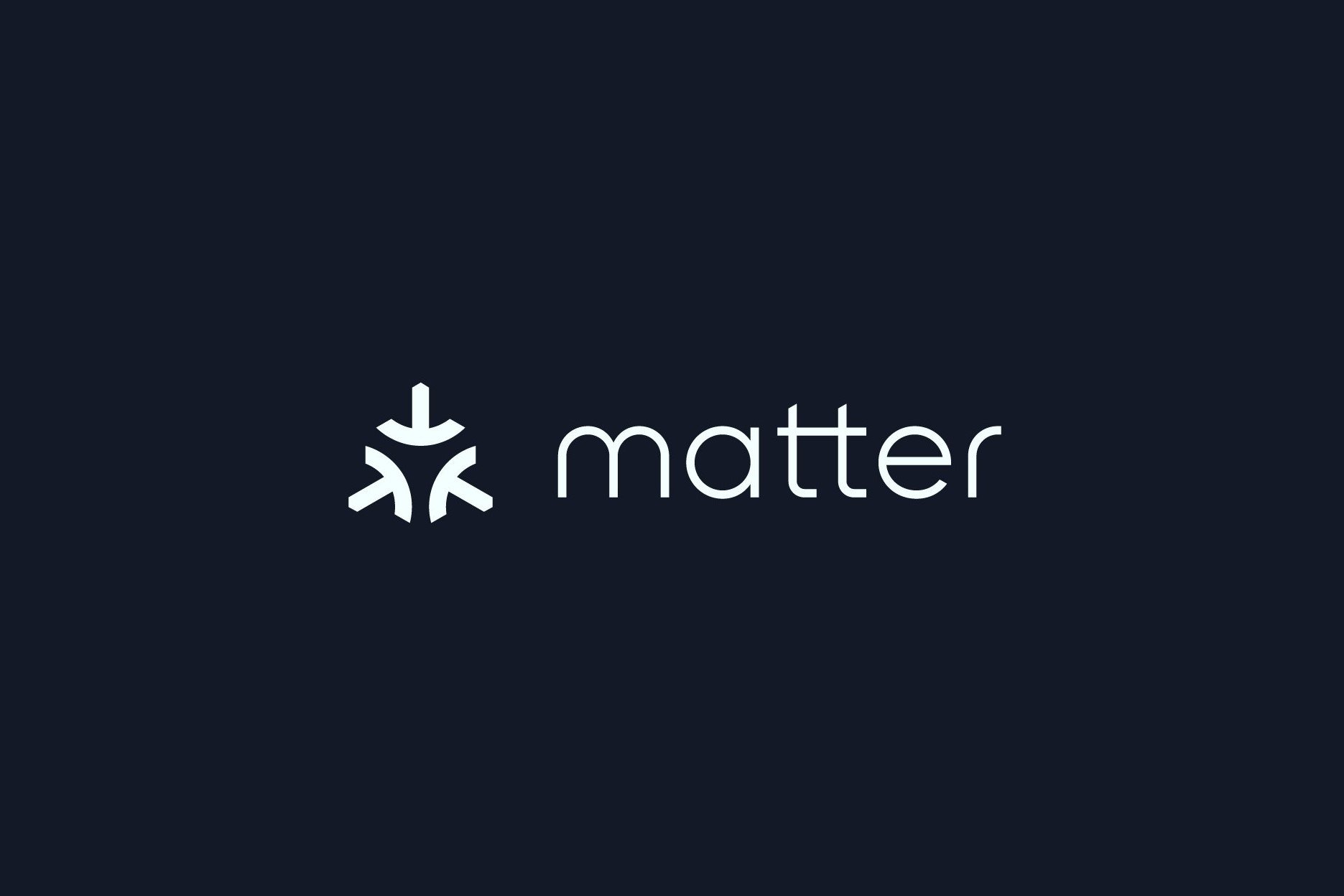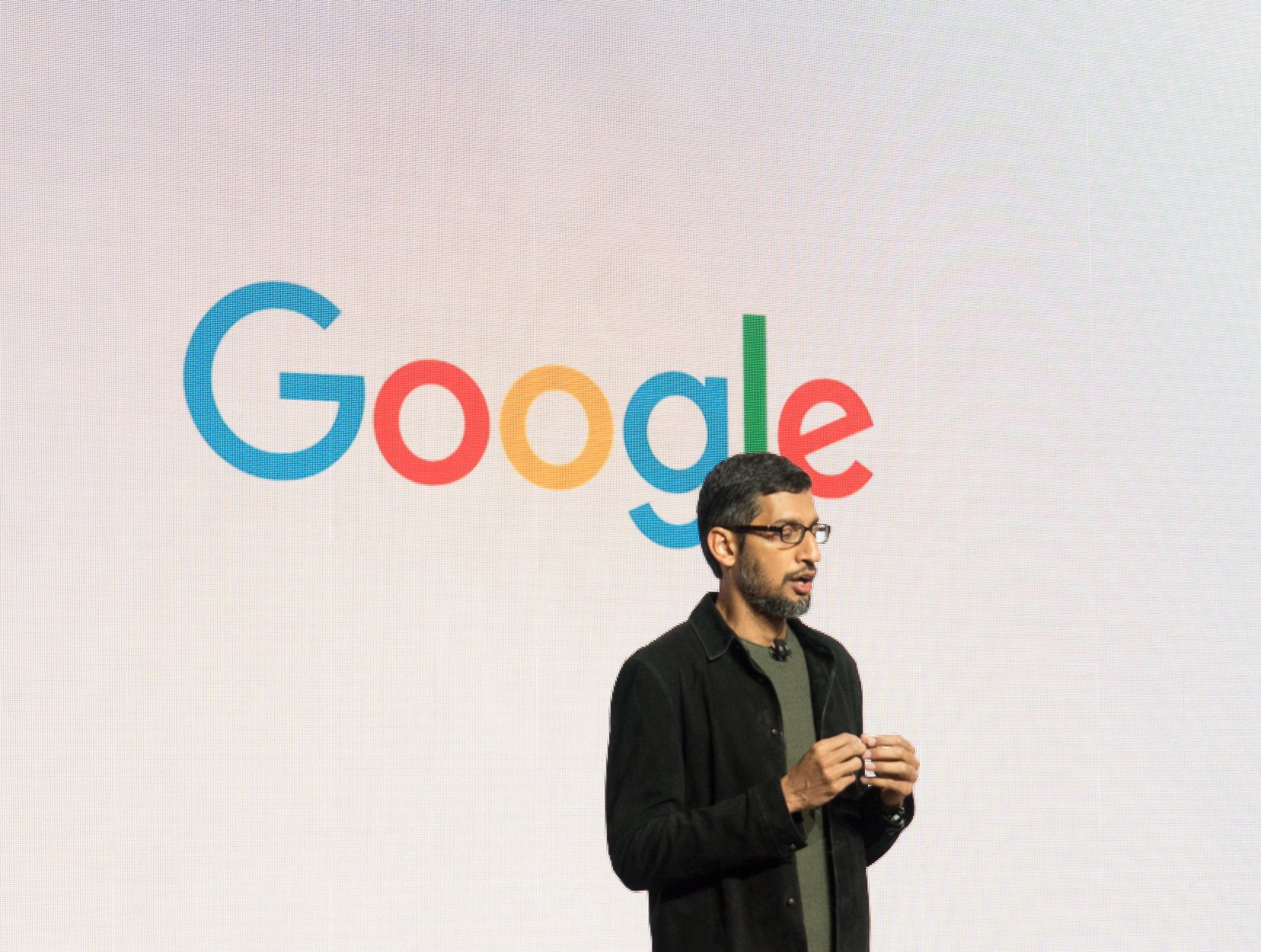From Pixel phones to Matter and Android 13, analysts expect a lot from Google in 2022.
Google has had a busy year launching Android 12, updating the look and feel of the OS with Material You, announcing its first in-house SOC Tensor, and incorporating it in its Pixel 6 series.
The company announced a partnership with Samsung to unveil the use of Wear OS 3 on Samsung's Galaxy Watch 4, which is also the best Android smartwatch. Google also launched a bunch of new Nest smart home devices this year.
All of it wasn't perfect — we saw several bugs coming out of Android 12 and issues with the Pixel 6. And as much as everyone fell in love with the Galaxy Watch 4, it didn't necessarily mean that Wear OS was the reason for it (although some might think now is the time for Wear OS to shine).
Through it all, Android Central spoke to many industry analysts to understand their perspectives on Google's performance this past year. So what about 2022? We ask Mishaal Rahman, senior technical editor at Esper and former editor-in-chief of XDA Developers; Jitesh Ubrani, research manager for IDC's worldwide device tracker, Avi Greengart, president and lead analyst at Techsponentialk; Neil Shah, vice president of research at Counterpoint Research; and Anshel Sag, a senior analyst at Moor Insights & Strategy what they expect from Google and Android 13 in the New Year.
In general, what do you expect or want from Google/Android 13 in 2022?
Anshel Sag: More features that take advantage of 5G and leverage Androids' foldable capabilities over iOS.
Avi Greengart: Android works well on phones, but leaves much to be desired on tablets, foldables, and other non-bar-phone form factors. Google finally seems to be addressing this with Android 12L, but aside from "what took so long?" I have to ask if Google is committed to investing in making incremental improvements and dragging its apps and developers along over the long term. Google does not always have the best track record of following through.
Neil Shah: The biggest gap feature-wise for Android, which has been widening vs. Apple, is continuity and integration between a Windows PC and Android Phone. Samsung has done some good work here, but the integration still has a long way to go and needs to be formal. This is an issue of business model between the two OS giants rather than capability. Second, more support for different foldables and wearables form-factors from developers to scale existing Android apps seamlessly across different devices and form-factors.
Mishaal Rahman: What I want from Android 13 — A reworking of the notification contract between apps and the Android OS. By default, Android allows all applications installed on the device to post a notification. While this allows them to post useful alerts and reminders, it also lets apps send unsolicited advertisements. Android does let users turn off notifications on a per-app and per-channel basis, but this solution has multiple problems. Since notifications are opt-out rather than opt-in, and the settings to opt-out are buried behind several layers, most users will leave notification settings as default. This is valuable for developers and marketers who send push notifications to reengage users with their apps and services, but it can result in notifications feeling less important or overwhelming if abused by too many actors. A simple change that Google can make to rectify this problem is to add runtime permission for posting notifications. Runtime permissions are permissions that must be explicitly granted by the user after the app has been installed. Apple made notifications opt-in in iOS, which has pushed developers to put in effort into convincing users to opt-in. I want to see similar behavior in Android 13. It's time for users to take control of the notifications panel.
What I expect in Android 13 — A continuation of Google's war on background processes. With every Android release, Google further restricts what apps running in the background can do. Android 12, for instance, automatically revokes permissions if an app hasn't been used for a few months, prevents apps from starting foreground services while running in the background, and makes the "restricted" app standby bucket active by default. Apps are encouraged to use APIs like WorkManager, JobScheduler, and AlarmManager to queue tasks, depending on when the task needs to be executed and whether the device has access to Google Play Services. While there is a hard limit of 50 tasks that WorkManager can schedule, the API does not otherwise limit how many tasks an app can enqueue. I expect this to change in Android 13, with a new system that determines the limit not just based on a hard number but other factors such as the battery status and the type of task.
What do you think will be the biggest wearable story in 2022?
AS: The maturity of WearOS and it finally getting Google Assistant.
Jistesh Ubrani: Additional health sensors and more subscription offerings will likely drive the wearables market in 2022. At-home workout programs gained some salience during the pandemic and I suspect more vendors will hop on board. Beyond that, I think we'll finally see the first products or services that come out of Google's Fitbit acquisition.
AG: Whoever gets accurate, non-invasive blood pressure and blood sugar tracking on a smartwatch.
NS: I believe what Google does with the potential merging of Fitbit capabilities and the new Android Wear and will Pixel Watch would be that device which could offer the flagship Android experience, considering Samsung Galaxy Watch 4 is currently the best example of Android Wear flagship but also marketed as "powered by Tizen."
Next would be Pixel Glass, which is where Google was too early in the game and now has somewhat fallen behind in mindshare and must be itching to get back in the game with a huge pivot from Facebook (aka Meta), its biggest adversary.
MR: What would be a game-changer for smartwatches and for Google's upcoming Pixel Watch, in particular, is improved voice recognition. Wear OS employs on-device machine learning models for a few features, most notably smart replies, but the natural language processing (NLP) of Google's Pixel phones is light years ahead. The speech recognition capabilities of the new Pixel 6, in particular, are so good that they can accurately insert punctuation based on textual context. In fact, Google says they managed to deploy "datacenter-quality language models" on the Tensor TPU of the Pixel 6.
To say that it would be a challenge to deploy such models on the off-the-shelf wearable chipsets from Qualcomm or Samsung would be an understatement; yet, that is exactly what's needed if Google wants to push the smartwatch as a digital wellbeing tool. If the Pixel Watch somehow features NLP on par with the Pixel 6, then you would never need to take out your smartphone to fire off a short sentence filled with emoji or even paragraphs of text.
What do you foresee as necessary/big changes in Android 13 in 2022?
AS: Pairing down some of the design decisions around Android 12, specifically around drop-downs and other settings menus.
JU: More support for foldables and more support for developers working on AR experiences. ARCore is often not the first solution developers think of when it comes to creating AR experiences, and if Google doesn't want to be left behind, they need to make sure that devs have the right tools and support.
NS: I would bet on more Spatial computing capabilities and horizontal services from Google. Spatial computing in a sense bringing more AR/VR features support scalable to different device form factors making life easier for developers. More focus on 3D Maps to support this trend. In terms of horizontal services, expect a big push in gaming, health/fitness, and NLP/AI/learning as a service for developers to integrate within apps.
MR: One addition that I believe is necessary — and frankly long overdue — is an RCS API for third-party messaging apps. The most widely used messaging app that supports RCS is Messages, through Google's RCS backend called Chat. Although many users stick to the default messaging app, there are many others who use third-party messaging apps, such as Messenger or Signal, which provide SMS/MMS texting support as a fallback/convenience for users looking to make them their all-in-one chat app. However, users lose out on the many benefits of RCS if they do not use Google's Messages app and enable Chat features. Google should thus develop an RCS API for Android 13 to boost the adoption of RCS and pressure Apple to support the new messaging standard.
What do you think will happen with Matter in 2022?
AS: More seamless smart home integrations and hopefully fewer conflicts and easier onboarding.
JU: Hopefully, we'll see devices actually launch. While Matter is supposed to simplify, I suspect there will be some initial confusion as brands roll out updates to existing devices. That said, I do believe Matter will help simplify the process for many consumers who are new to the smart home market as broader compatibility between devices and services will help drive demand.
AG: In 2022, Matter will start rolling out to actual products, which is exciting, but will lead to massive confusion and complexity as consumers try to figure out which products that they already own are Matter compatible, which aren't, what product categories don't have Matter entries at all, whether they need a hub, and how any of this works. Meanwhile, vendors will be trying to assert their brands and unique capabilities despite offering some level of interoperability through Matter. I am genuinely optimistic for Matter and Thread – it solves real pain points, and it has genuine support from all the big Wester ecosystem brands (and most of the Chinese, as well). But it's going to be complicated, and I'm expecting a rough start.
What do you expect/want from Google from a company/culture standpoint?
AS: I think the company needs to be more clear about its ambitions around AI and how it intends to use it. I would also like to hear more details about its Tensor roadmap.
NS: More transparency and openness to build more trust than Meta and stand out. This has to come inside out from HR to its products.
MS: I want Google to figure out a coherent messaging/product strategy when it comes to privacy features. Google has a public relations problem on its hands with how people react to new privacy features it announces. Consider the backlash the Chrome team received when it announced plans to phase out third-party cookies in favor of the company's own "Privacy Sandbox." Many are skeptical that Google, a company that makes a lot of revenue from advertising, has put forth the best privacy-conscious alternative to third-party tracking cookies. How will users react if Google tries to implement its own app tracking blocker, like the one recently added to iOS? Would they trust that Google, a company that offers multiple prominent advertising and analytics libraries, will block app trackers as effectively and thoroughly as Apple? Google has many different internal teams that don't all share the same philosophy when it comes to these issues, but the average user only sees Google as one entity: the ubiquitous search and advertising giant.
What do you expect/want from Google with regards to Pixel phones?
AS: I would like to see Google dive more deeply into the software capabilities of the Pixel camera after such a considerable hardware upgrade.
JU: More AI-based photography from the next generation of Pixel phones. I'd love to see additional dollars for marketing, and more trade-in offers from Google as this would also be a good way for the brand to gain share and potentially displace tier 2/3 smartphone brands.
AG: Google's first Tensor phones perform well and have some unique functionality, but they really stand out because they are among the first to run the latest Android OS, and Google is finally pricing its higher-end phones below Apple and Samsung. My big question going forward is whether owning its own silicon design can bring more differentiation, whether Google is committed to its pricing model, and what type of foldables it brings to market.
NS: Better hardware quality as it has been an uphill task for Google. Further, Google needs to decide if Pixel is going to remain a limited edition product just to showcase Google and Android expertise and can it do more here with this strategy or it does have ambitions similar to Apple to be more vertical and scale the Pixel lineup globally instead of a few markets. Else it will remain an expensive project and will do more harm than good.
MS: I am disappointed that Google is only promising three generations of OS updates for the Pixel 6 series, despite the fact that Google now designs its own system-on-chip and has the capability to write new drivers for the hardware for as long as they wish to support the first-generation Tensor platform. Google needs to set a new standard for software support, as providing three years of post-launch support is simply not impressive anymore. Extending software support also means that users won't need to upgrade their devices as often to ensure they're protected from the latest security threats. This means that users will keep their phones for longer, reducing the mountain of electronic waste that old smartphones contribute to each year.
from Android Central - Android Forums, News, Reviews, Help and Android Wallpapers https://ift.tt/3mJtx20
via IFTTT




0 comments:
Post a Comment